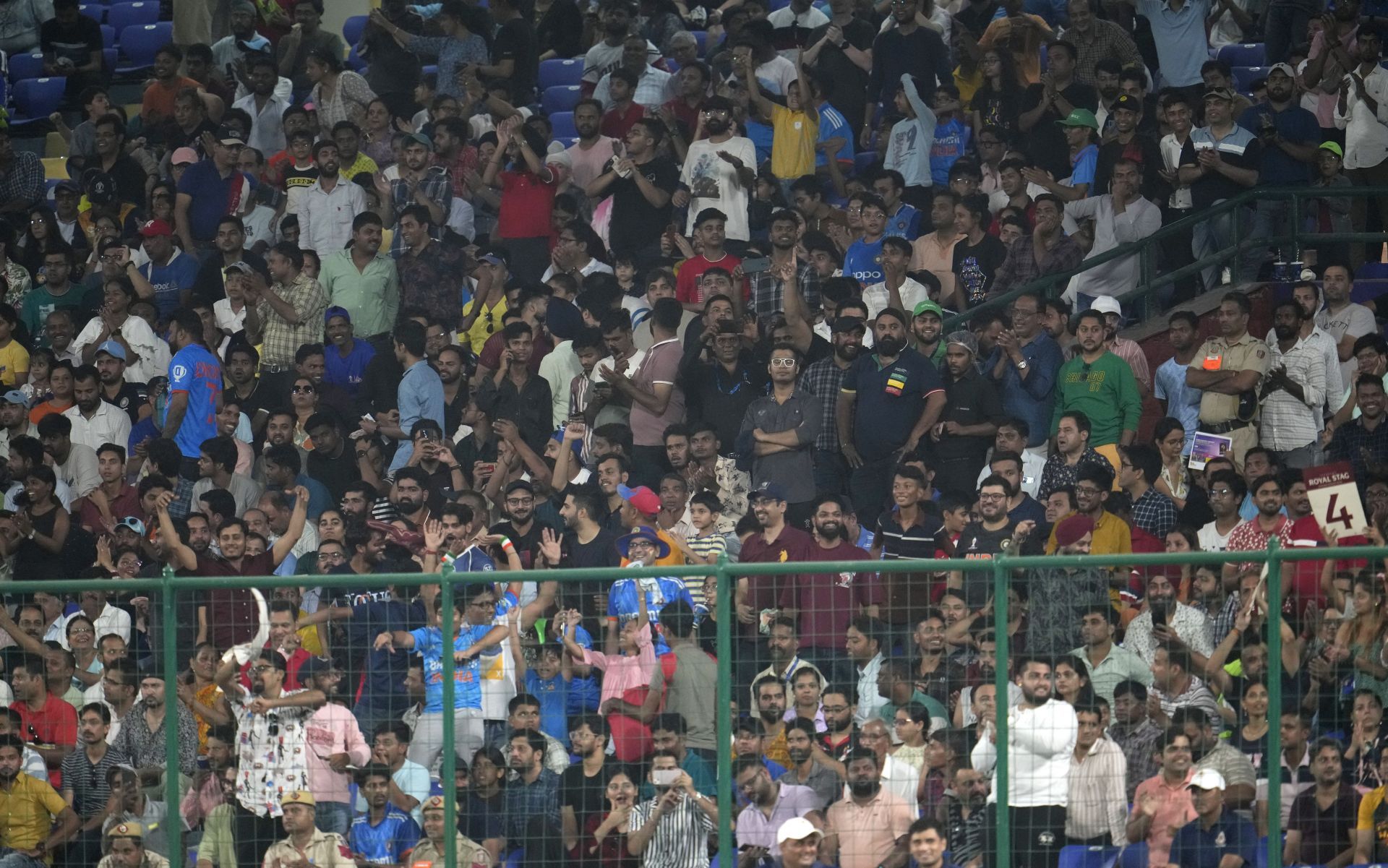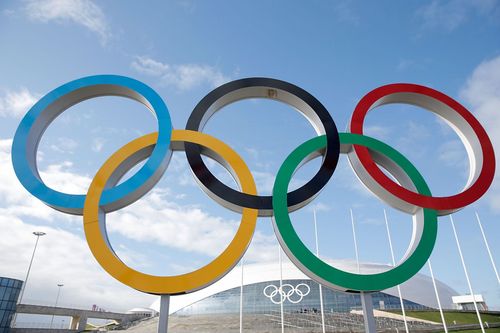
What happened the last time cricket featured in the Olympics?
In a piece of exciting news that will delight cricket fans across the globe, reports from The Guardian indicate that cricket is all set to make a return to the Olympics in Los Angeles in 2028. The official confirmation of this decision by the LA organizing committee is expected to come after the International Olympic Committee's 141st session in Mumbai this Sunday, October 15.
Now, interestingly, cricket is not an alien sport in the Olympics. It has a history in the global event dating back to 1900 when England took on France in a match to determine the gold medalist.
Now, we zoom ahead to 2028 in LA, and we can well see a T20 men's and women's tournament, similar to the one that took place at the recently concluded Asian Games.
The wait for cricket fans is all but over and if the final approval is done, cricket will return to the prestigious sporting event after a lengthy hiatus of 128 years.
What happened the last time Cricket featured in the Olympics?

Cricket's journey to the Olympics was quite an adventure. It was first slated to be included in the modern Olympic Games in 1896 in Athens. However, not enough participants turned up and it had to be shelved. It then made its debut in Paris four years later, but that journey too had its own twists and turns.
According to the original plan, Great Britain, France, the Netherlands, and Belgium were supposed to send their cricket teams to the tournament. However, when the Netherlands and Belgium withdrew from cricket after their joint Olympic bid was rejected, things got murky.
As a result, the match between Great Britain and France became cricket's first, and as it stands, the only Olympic match so far. Interestingly, the participants might not have even realized they were part of the Olympics at the time.
The match was played under the banner of the Exposition Universelle of 1900, a world fair in Paris. The world had to wait until 1912 for this match to receive official Olympic event status.
As far as the game is concerned, neither of the countries fielded their national team. Great Britain assembled the Devon and Somerset Wanderers club, who were on a tour of France. France, on the other hand, was represented by an 'All Paris' team – a squad that largely had British expatriates.
This match was held at the Vélodrome de Vincennes and spanned two days with two batting innings for each side. To the organizers' surprise, both captains agreed to have 12 players on each team instead of the standard 11. As a result of this, handwritten additions to the printed scorecards reflected this last-minute change.
What happened in the match?
The match turned out to be a low-scoring affair. England, batting first, could only post 117 runs. France, in response, could only muster 78, with Frederick Christian taking seven wickets for England.
Half-centuries from Charles Beachcroft and Alfred Bowerman gave Great Britain some impetus and powered them to a total of 145/5 in their second innings. France was then knocked over for a partly 26 runs as Montagu Toller returned with remarkable figures of 7/9.
After this match, Great Britain received a silver medal, and France earned the bronze. Both sides also received miniature Eiffel Towers as mementos. In 1912, these medals were officially upgraded to gold and silver, respectively.